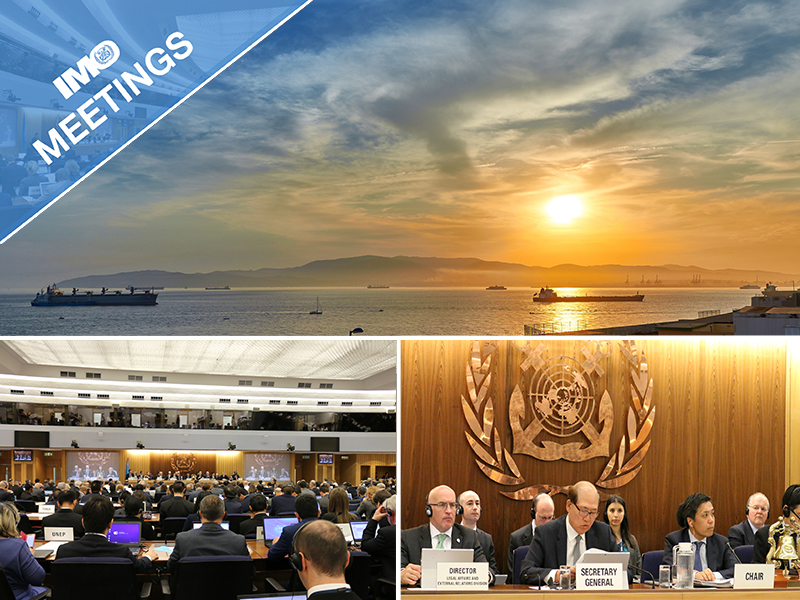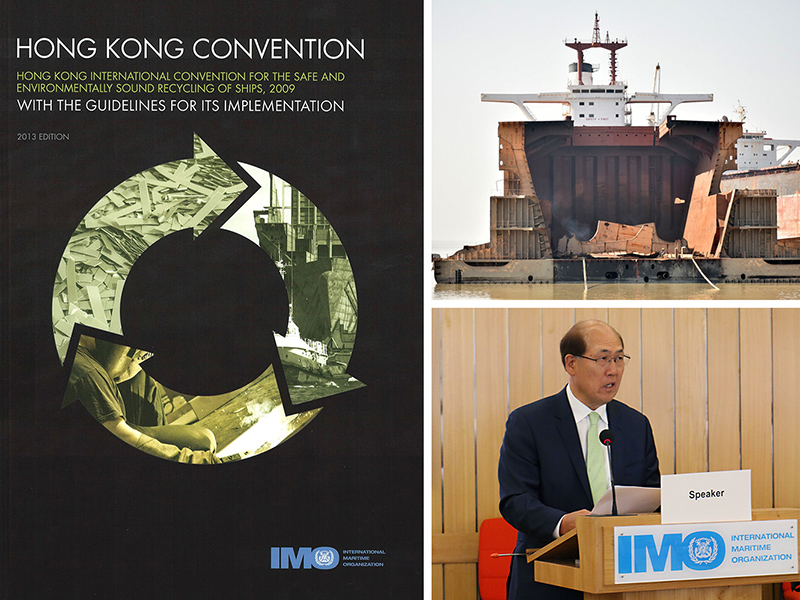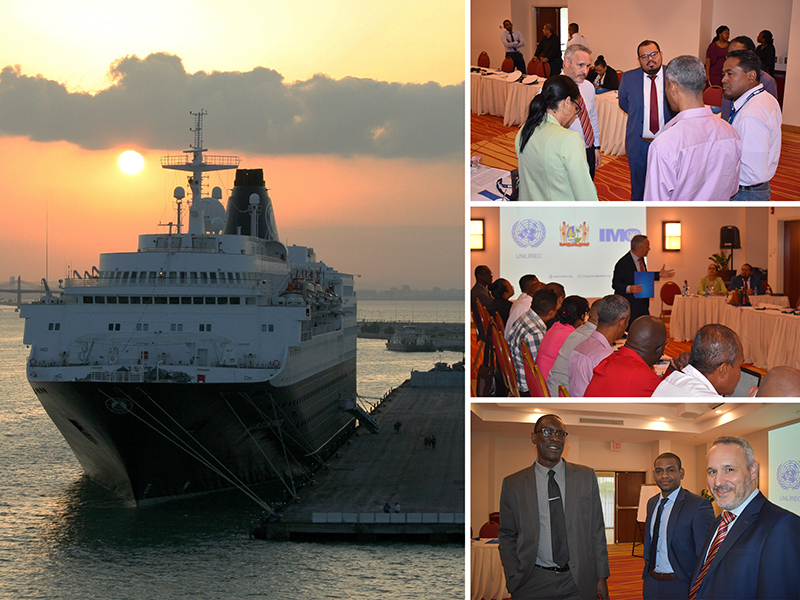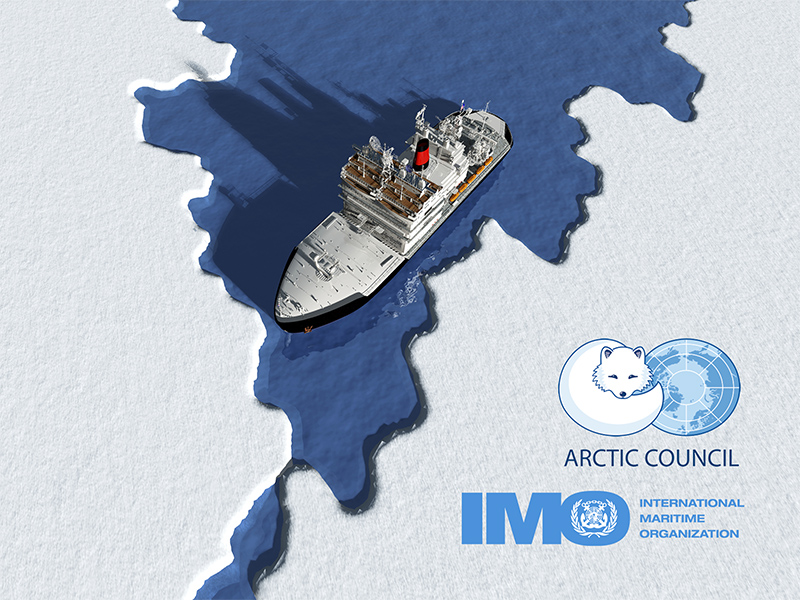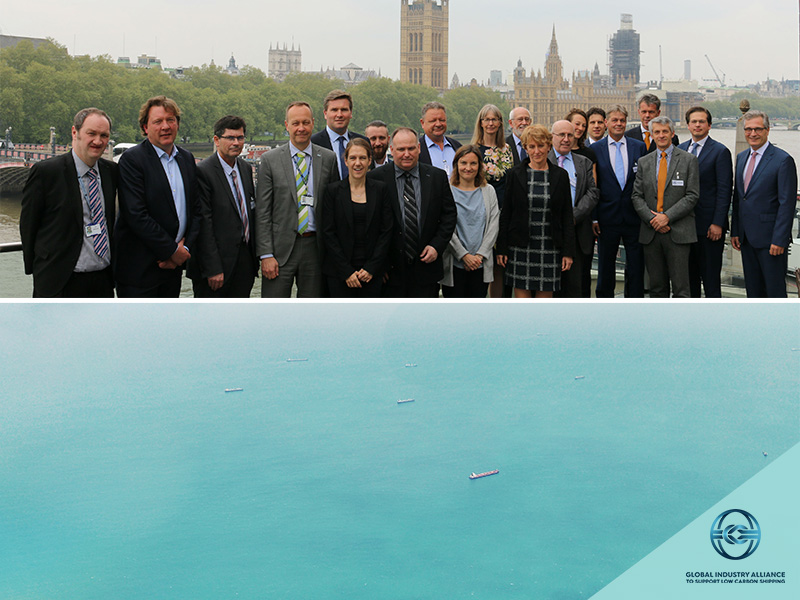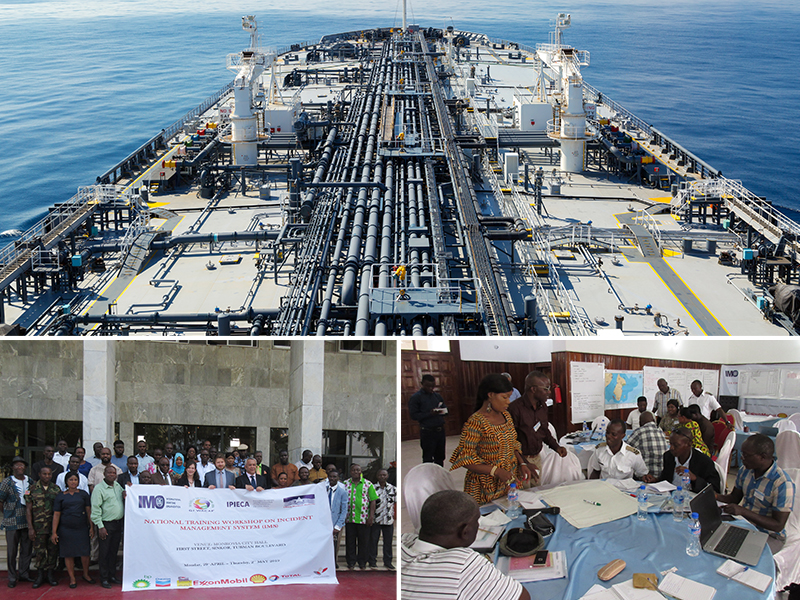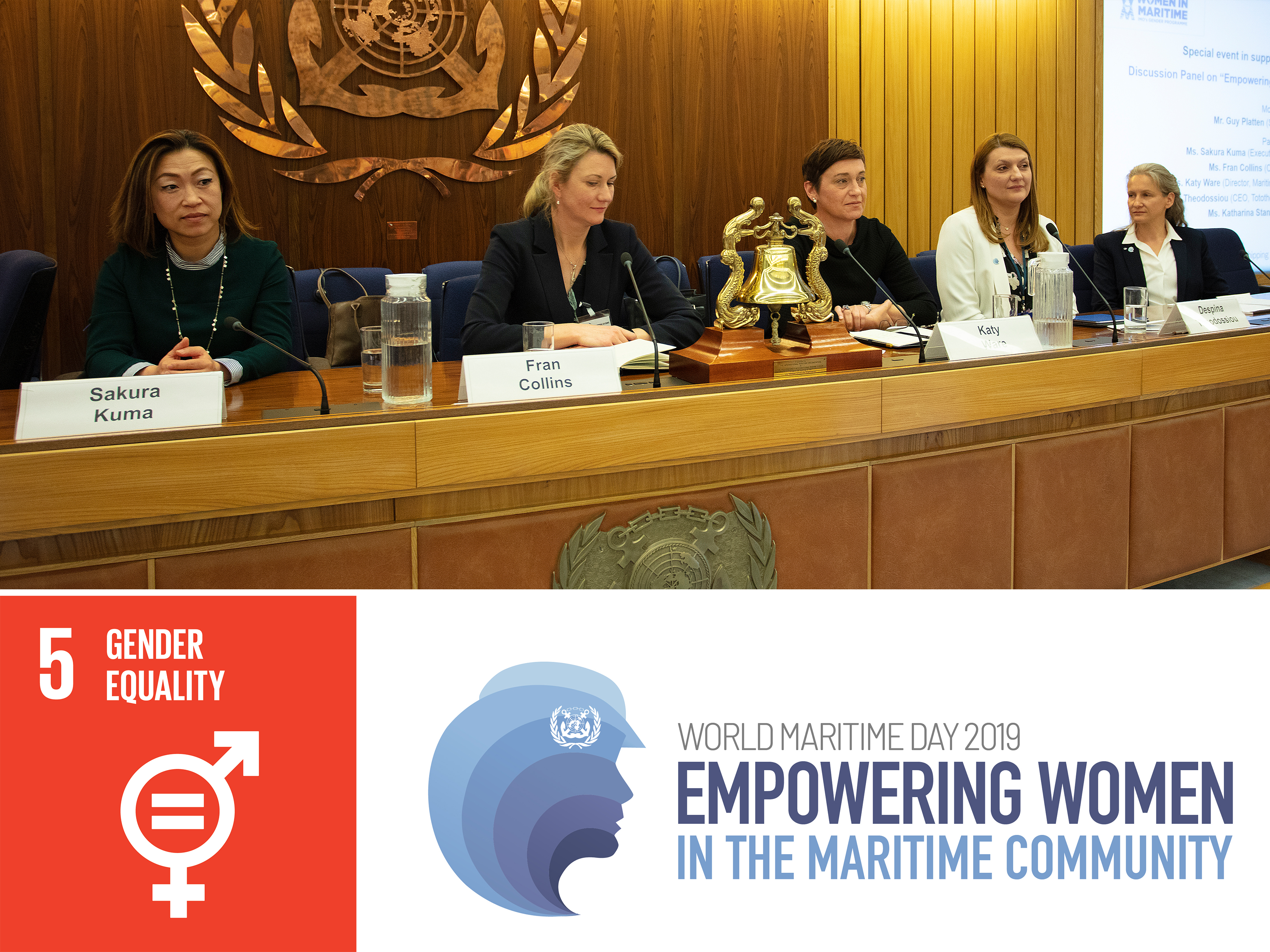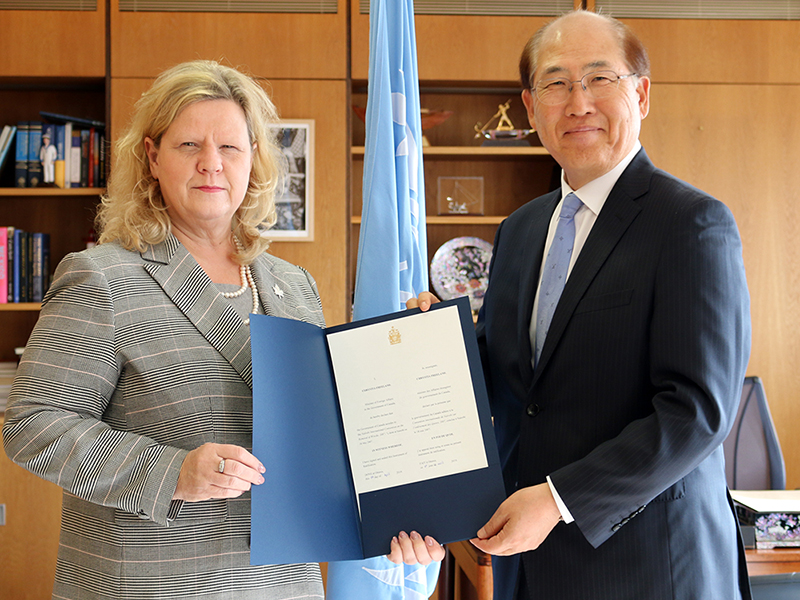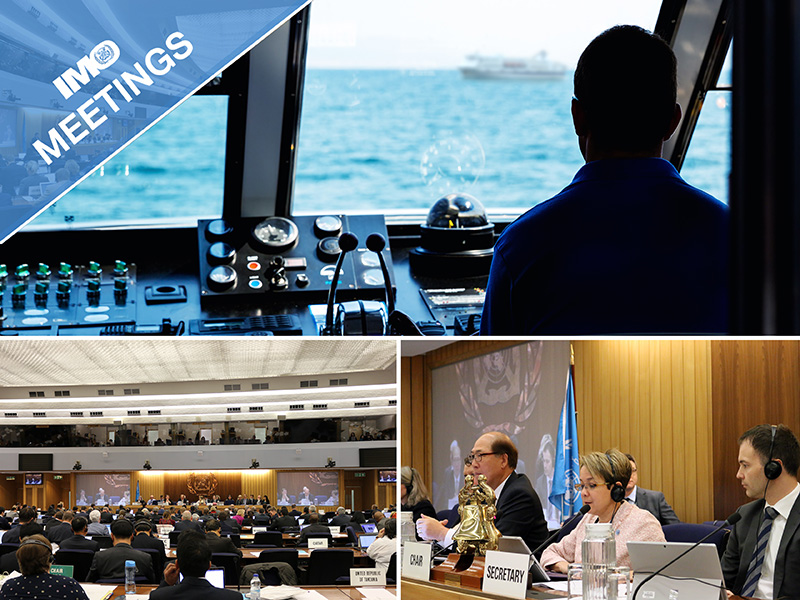Whats New 2019
Shipping and environment in spotlight as IMO Committee meets
IMO’s key environment protection meeting has opened for its 74th session (13-17 May). The reduction of greenhouse gas emissions from ships is a key item, following up on the initial IMO strategy on reduction of GHG emissions. The implementation of the 0.50% sulphur limit from 1 January 2020 is also on the agenda. See information on the Marine Environment Protection Committee (MEPC 74) here. The MEPC was opened by Secretary-General Kitack Lim and is being chaired by Mr. Hideaki Saito (Japan). Click for photos. more...
Ship recycling needs the Hong Kong Convention
Ten years after the adoption of IMO’s Hong Kong
Convention for the Safe and
Environmentally Sound Recycling of Ships, in May 2009, there has been progress
with voluntary application of its requirements, but the treaty needs to enter
into force for it to be widely implemented. “I urge Member States who have not
yet done so to ratify the Convention at the earliest opportunity, in order to
bring it into force as soon as possible,” said IMO Secretary-General Kitack
Lim, speaking
at an International Seminar on Ship Recycling: Towards the Early Entry
into Force of the Hong Kong Convention (10 May). more...
Better prepared for maritime security incidents
Suriname is the latest country to benefit from IMO maritime security training. Participants at a workshop in Paramaribo, Suriname (7-8 May) took part in table-top contingency planning exercises involving a variety of maritime security issues. These included threats to cruise ships, border security issues involving ports, airports and land border crossing, as well as potential incidents involving proliferation of weapons of mass destruction, and arms and drugs consignments. more...
IMO gets observer status at Arctic Council
The
International Maritime Organization (IMO) has been granted observer status at
the Arctic Council. This will allow IMO to build on previous cooperation and engage in close collaboration on a range issues related
to shipping in the Arctic, in particular, search and rescue, pollution response
and maritime safety and protection of the marine environment. The 11th Arctic Council Ministerial meeting in
Rovaniemi, Finland, welcomed IMO as an observer organization. more...
How to cut port waiting times to reduce emissions
Data sharing is a prerequisite to enabling the successful implementation of “Just-In-Time” (JIT) operations – which can cut the time ships spend idling outside ports and help cut emissions as well as save on fuel costs. Participants at a roundtable meeting of IMO’s Global Industry Alliance to Support Low Carbon Shipping (GIA) at IMO Headquarters, London (1-2 May), agreed that increased transparency of information through data sharing was imperative. more...
Improving practices in oil spill preparedness and response in Liberia
Increased commercial and oil activity in Liberia's territorial waters has seen the number of tankers and other ships supporting the oil activities, rise significantly. These activities are critical to the Liberian economy but pose a risk in the event of an oil spill. To address this issue, the Global Initiative for West, Central and Southern Africa (GI WACAF) has organized a workshop in Monrovia, Liberia (29 April – 2 May) which provided participants with incident management process information as well as an opportunity to test the newly learned material through an exercise. more...
Breaking down stereotypes in a male-dominated industry
Breaking down gender
stereotypes in the maritime industry is not just important in its own right, it
is also beneficial for the industry as a whole. That was one of the key
messages to emerge from a special event held at IMO Headquarters in London
yesterday, on International Labour Day (May 1). In a year when IMO is
highlighting its efforts to empower
women in the maritime community, a panel
discussion among five high level female maritime professionals and an invited
audience of IMO delegates and other maritime representatives explored issues
around female representation in a traditionally male-dominated industry. more...
Canada accedes to Nairobi Wreck Removal Convention
Hazardous shipwrecks can cause many problems. Depending on its location, a wreck may be a hazard to navigation, potentially endangering other vessels and their crews. IMO's Nairobi Wreck Removal Convention goes some way to resolving these issues. It covers the legal basis for States to remove, or have removed, shipwrecks, drifting ships, objects from ships at sea, and floating offshore installations. Canada has become the 44th State to accede to this important IMO treaty. more...
New IMO model courses on IGF code and ship safety to be validated
IMO model courses assist Member States and other stakeholders to develop detailed training programmes, to effectively implement the provisions of the STCW Convention. Three new model courses and one revised model course have been put forward to the Sub-Committee on Human Element, Training and Watchkeeping (29 April-3 May) for validation. Amongst other agenda items, the Sub-Committee will continue its review of the fishing vessel personnel training convention (STCW-F). Click for photos. more...
